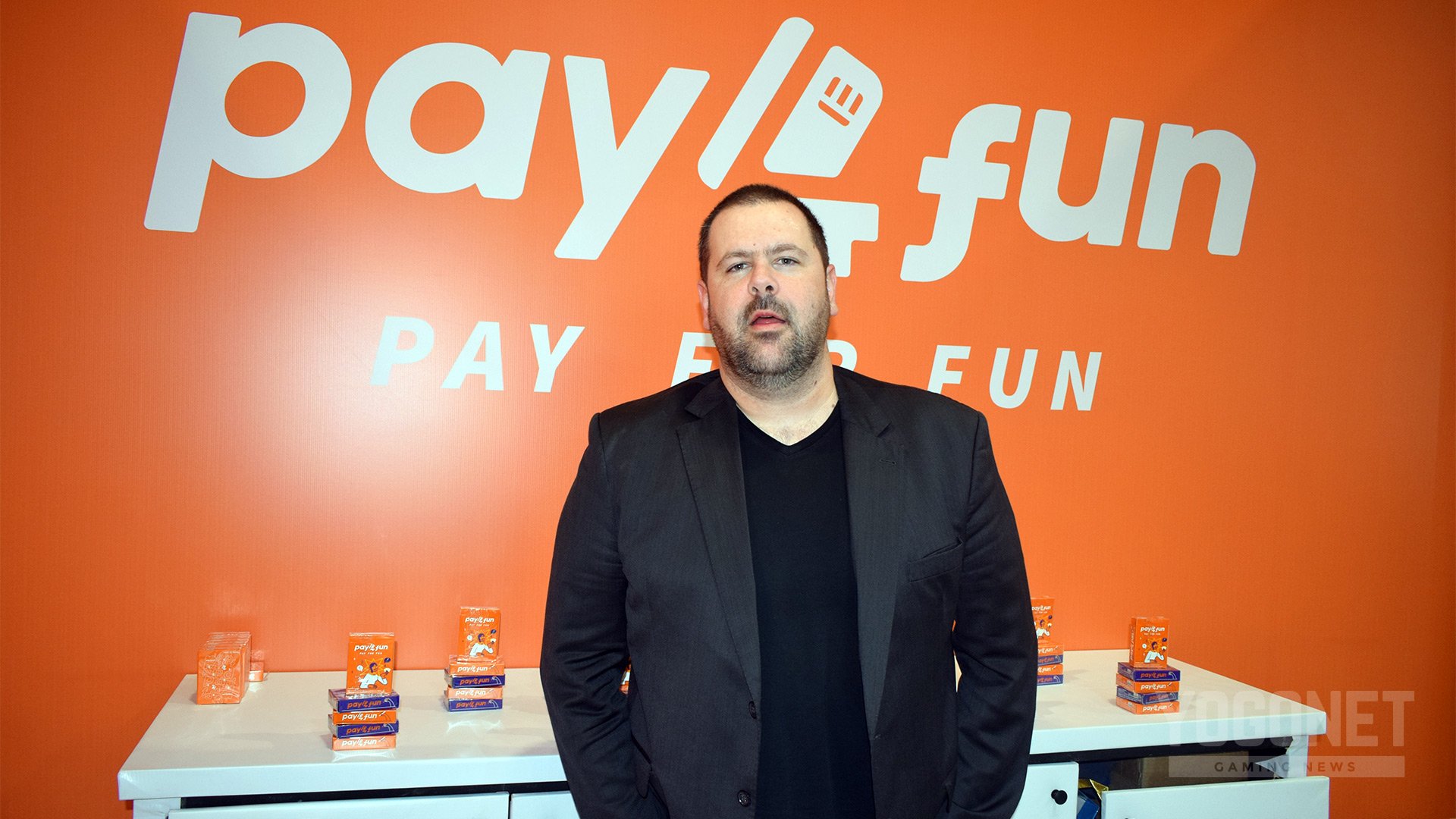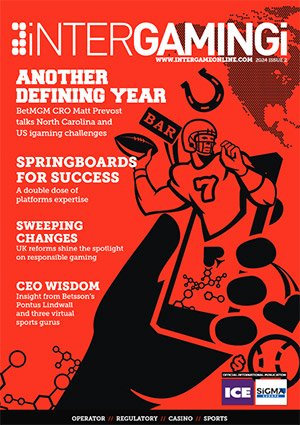Industry experts say 90% of US sports betting could be online in five to ten years

Gambling and technology executives say 90% of sports betting in the United States will be done over mobile phones or the Internet in the next five to 10 years. Speaking this week at the 23rd annual East Coast Gaming Congress and NextGen Gaming Forum at Harrah’s Waterfront Conference Center in Atlantic City, the leaders say rapid advances in technology are pushing sports betting further online.
Since winning a U.S. Supreme Court case last year clearing the way for all states to offer legal sports betting, New Jersey has taken in nearly USD 3 billion in sports bets. Around 80% of those have been placed online, and that percentage is set to increase in about five years, several executives said in a panel, as reported by the Associated Press.
Moti Malul, CEO of NeoGames, a global provider of Internet gambling and lottery technology, predicted “90-plus percent” of all U.S. sports betting will be done via mobile devices within the next 10 years. “Innovation will drive through that,” he said. “And who knows what mobile will look like 10 years from now?”
Parikshat Khanna, CEO of CG Technology, a licensed Nevada bookmaker, echoed that prediction. “The true capability of sports wagering is mobile,” he said. When CG launched its betting apps in 2009, “it was always assumed you wanted to sit in a sports book for three or four hours to watch the game,” Khanna said. But within two years, 60% of the company’s bets were being taken via mobile apps.
Itai Pazner, CEO of 888 Holdings, has lesser expectations of mobile sports betting, but still predicts at least half of it will be done online within the next five years.
Eight states currently offer sports betting, with several more soon to follow through laws that have passed this year. “Society’s movement to mobile in just about every area cannot be denied,” said David Rebuck, director of the New Jersey Division of Gaming Enforcement. “To ignore it will just cause problems in the future; your customers want it, and they’ll access it on the black market for sure.”
He also said the early returns from sports betting in New Jersey were “surprising.” “This is an industry, a new industry, that has many, many opportunities that go well beyond just having an amenity added to a casino operation,” Rebuck said. “We know, and our experience has shown, that this is not just a small supplement to everything else that these massive entertainment complexes do. It adds value in ways that are secondary to gaming.”
Dan Shapiro, vice president of strategy and business development for bookmaker William Hill US, said the market has already decided it wants to be online. “That’s the way the world is moving,” Shapiro said.
Despite the predictions, getting mobile sports betting approved in the real world is proving difficult in many states. The question of whether to allow online wagers has held up New York state’s legalization efforts for months. And Illinois froze out online fantasy sports providers-turned-bookmakers FanDuel and DraftKings from the online sports betting market for 18 months to give land-based casinos a head start.
David Cordish, whose company owns casino projects in Maryland and Pennsylvania, cautioned against pushing too much of the sports betting industry online. “You’re fighting for that customer up there in the ether,” he said. “It costs a lot to market to that customer, and you’re not the only one. What we should be doing is building real facilities that attract the guest. It’s a fun event.”
He said he believed allowing mobile and online sports betting is a “big mistake,” and that states and casino operators should not be looking at sports betting as a “panacea,” especially “if there are too many entrants and it’s not legislated to push people to casinos.” “Laws should be crafted to drive people to facilities for sports betting,” he said.
There are numerous costs involved with establishing an online gambling presence, including customer identification, geolocation, money transfer, licensing and technology, according to Melanie Gross, vice president of online casino and sports for Caesars Entertainment. “It takes a village to get online gaming up and running,” she said. “And unfortunately, you have to pay the village.”
Mark Giannantonio, president and CEO of Resorts Casino Hotel, said the nearly $5.5 million DraftKings Sportsbook at his Boardwalk property helped satisfy an “unmet need” for gamblers in New Jersey.
Resorts have seen an increase in table and slot revenues in addition to non-gaming increases across the property, which Giannantonio said was due, in part, to the excitement and curiosity that came with legalized sports betting. “Simply put, we would not have the customers we have today without the sportsbook,” he said.


















































